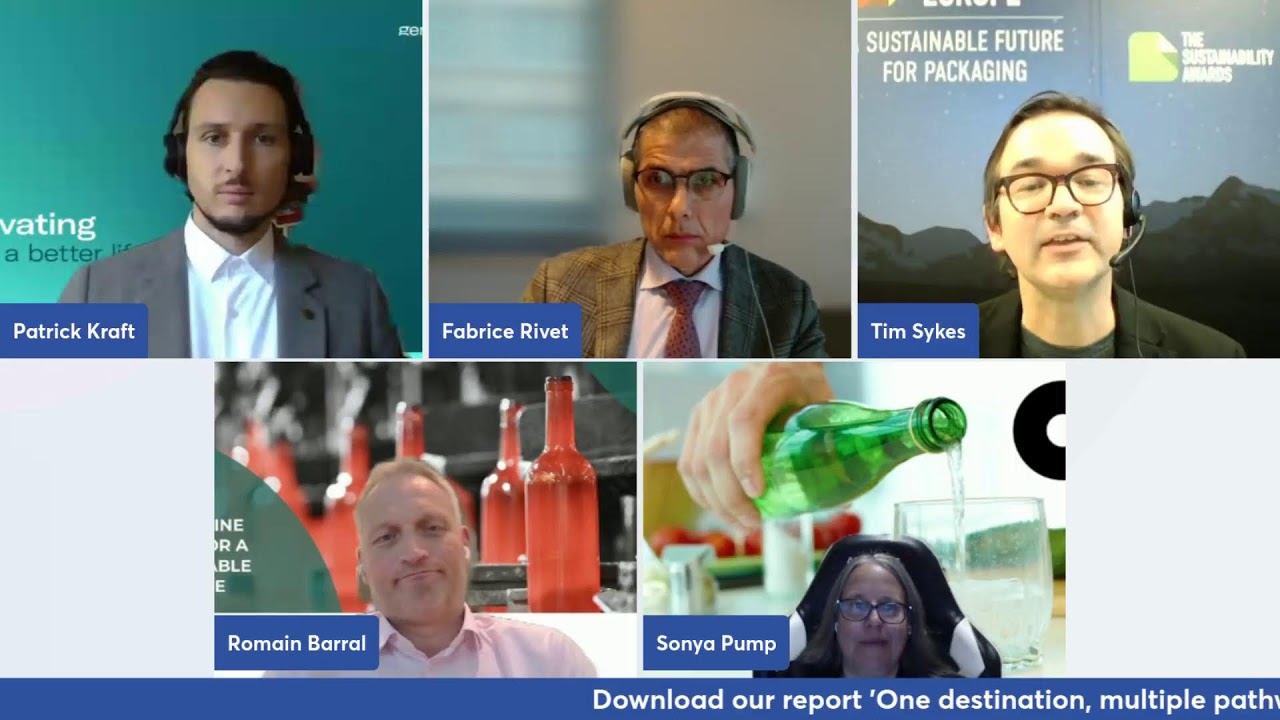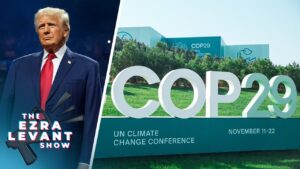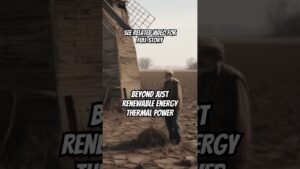
Sustainable glass packaging is essential to Europe’s economy, to deliver on economic competitiveness and build brand value. Beyond circularity, decarbonisation efforts are crucial to pave the way to net zero glass production by 2050. To achieve this goal, The European Glass Container Industry has undergone many changes over the years, resulting in the average glass container today emitting already 70% less CO2 than fifty years ago.
But reaching this goal does not come without its challenges. Across Europe, glass manufacturers are investing in a range of initiatives and innovative technologies to reduce the carbon footprint of glass, such as improving energy efficiency, transitioning to low-carbon energy sources, rethinking design and leveraging glass’ circularity. These paths all lead to a common goal: making glass packaging fit for the future and part of a resource-efficient, circular and low-carbon economy.
Yet, as outlined in the industry’s new decarbonisation report, while the industry continues to explore new solutions, support from stakeholders and public authorities is needed to scale them and develop a commercially viable sustainable future of glass packaging. Join us in this Live Q&A session with industry experts to discuss not only what the glass industry has achieved already, but also the challenges ahead to move forward – and how we can work together to make this happen.
source






